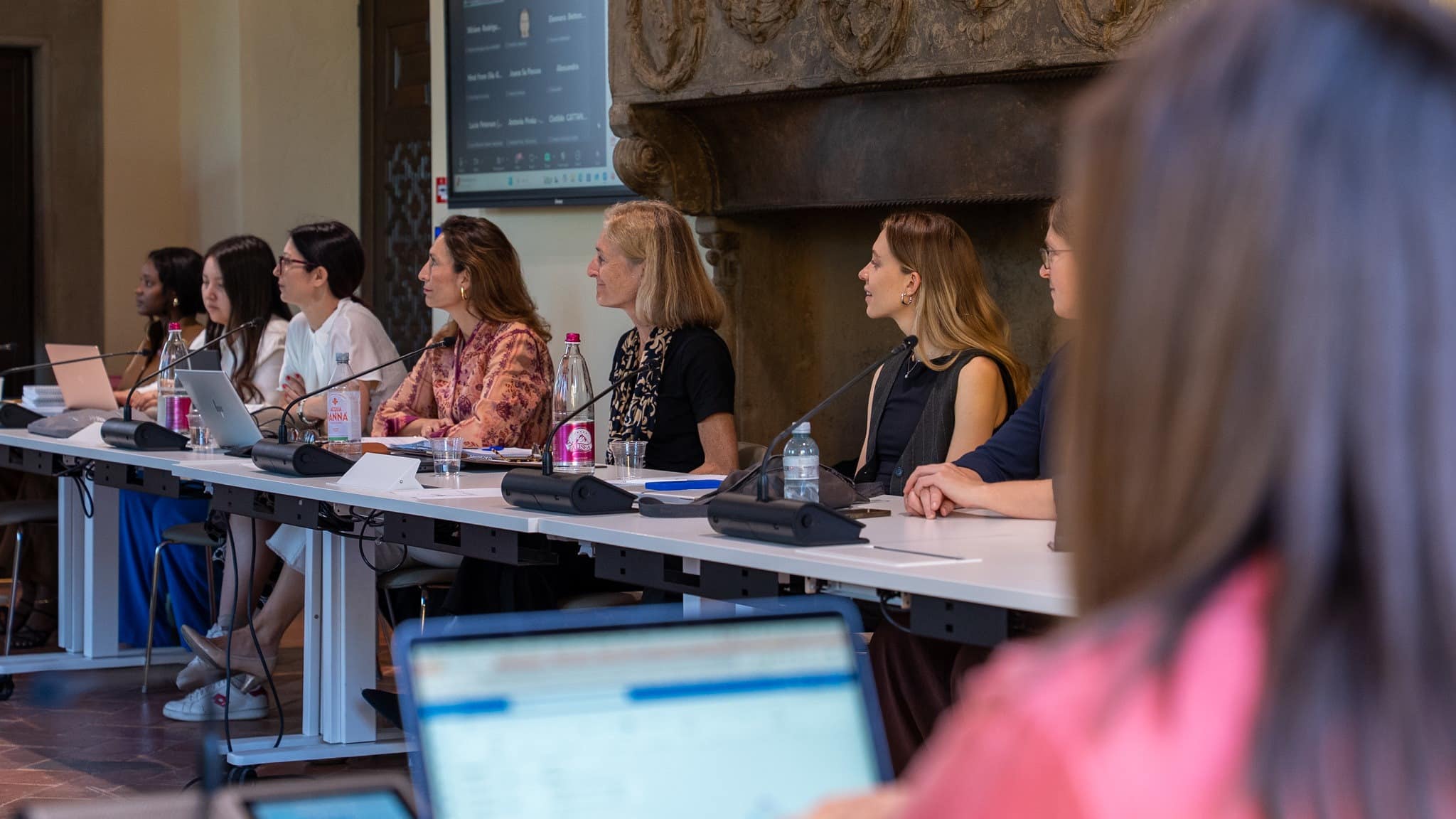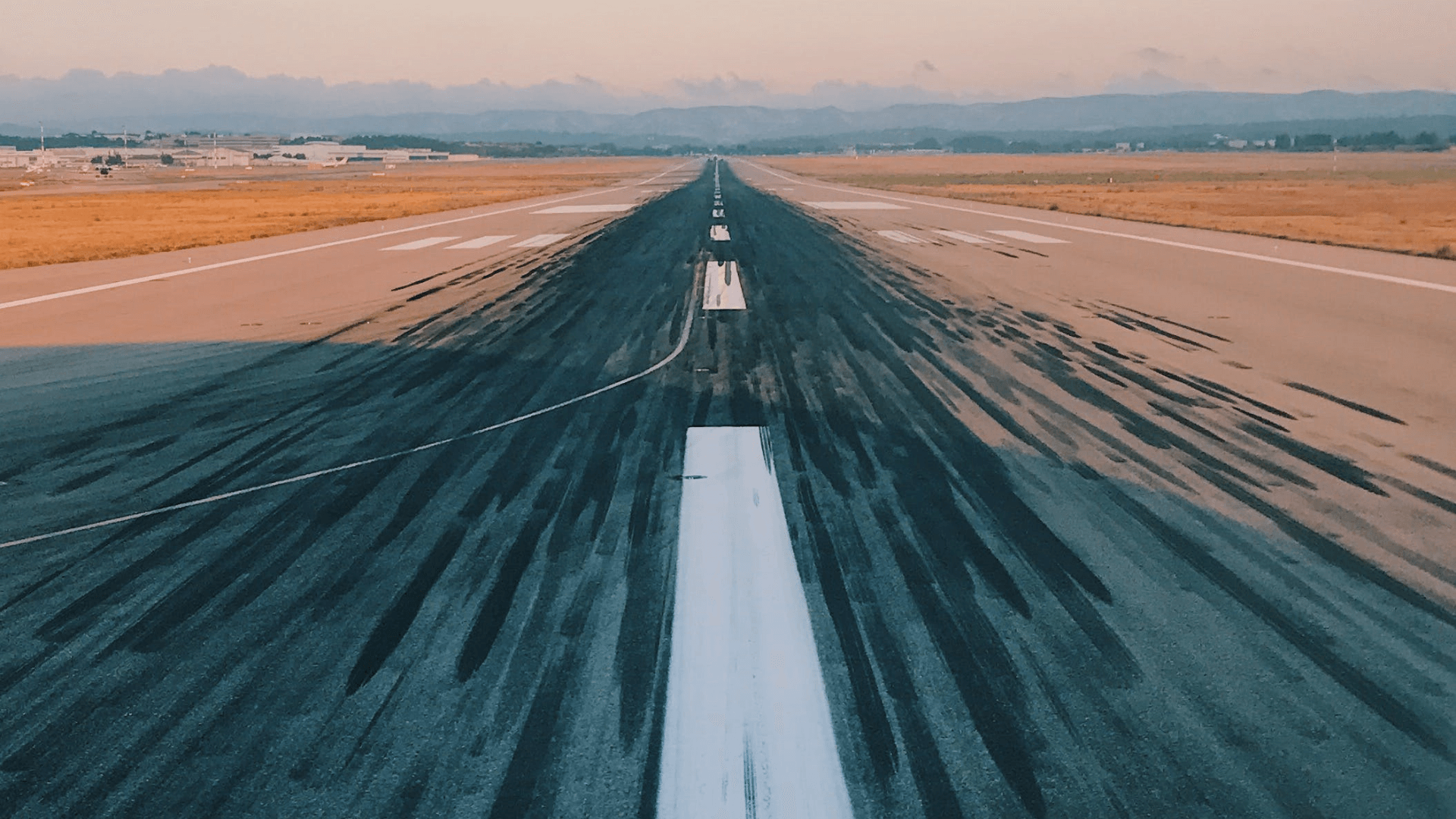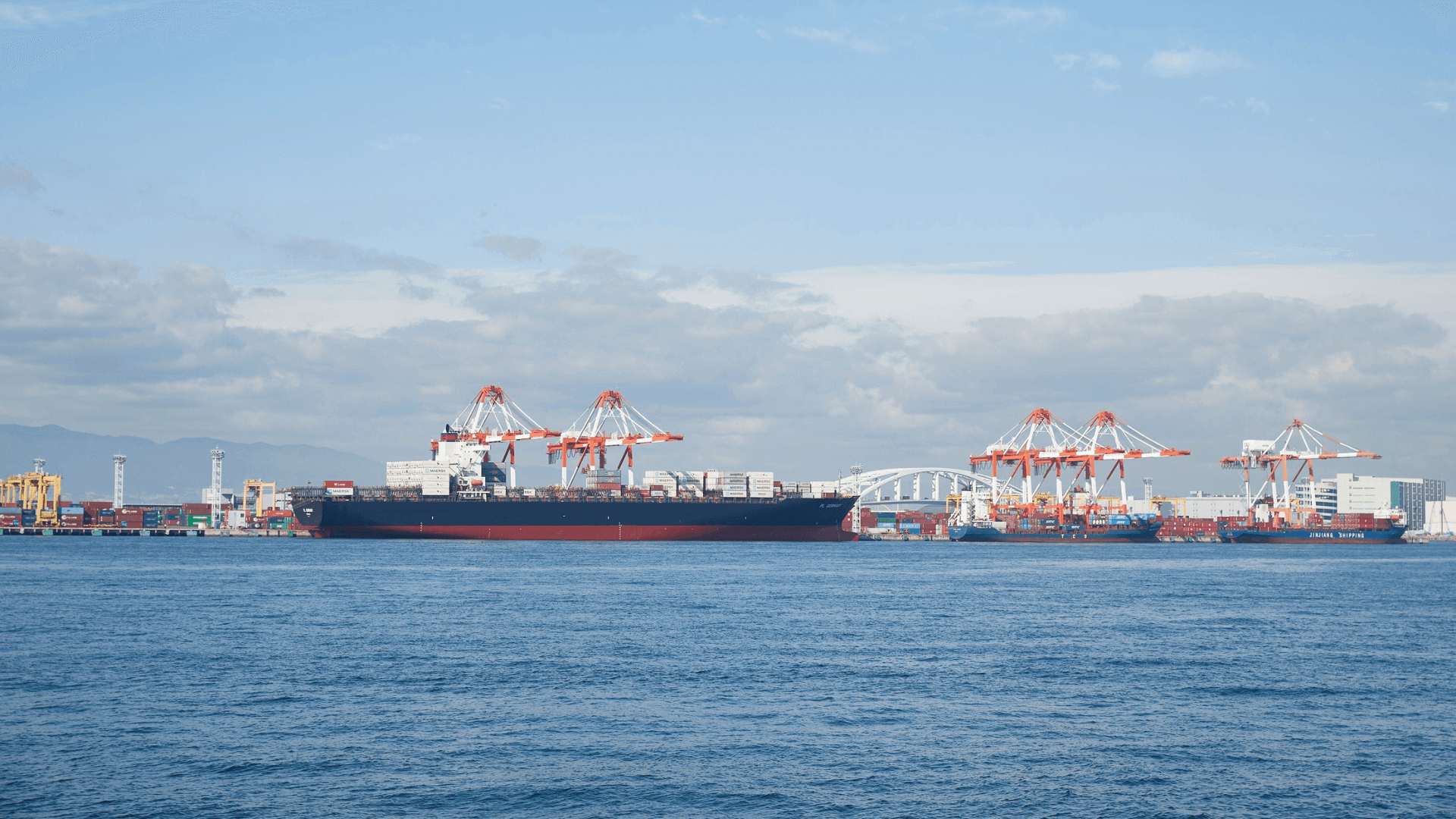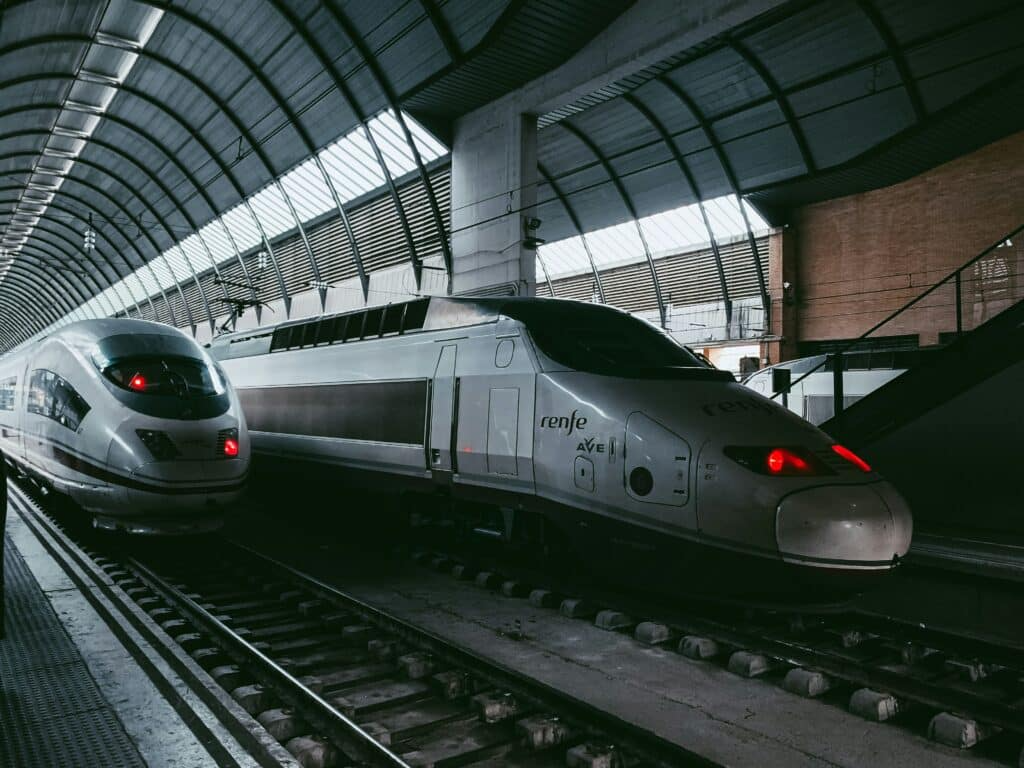Decarbonisation: climate governance challenges for policies, plans, and projects in the Brazilian transportation sector

The paper “Decarbonisation: climate governance challenges for policies, plans, and projects in the Brazilian transportation sector” will be presented at the FSR Sustainability Conference on “Greening Infrastructures” (22 June 2022).
Abstract
This article presents the governance gaps that Brazil faces to promote the decarbonization of its transportation sector. It employs a novel governance gap analytical framework based on the multilevel governance literature. Gaps related to politics, policy processes and availability of financial resources are preventing the country to enhance integration between climate and transportation policies as well as to foster transportation projects more climate oriented.
A strong path dependence around the road mode associated to a lack of awareness in respect the relevance of the transportation sector, the main emitter of the Brazilian energy matrix, are potential explanations for these gaps. Moreover, the analysis also reveals that climate financing associated to the increasing consciousness about environmental, social, and corporate governance (ESG) principles in the financial market can foster climate-oriented transportation projects and could help the country to achieve better sustainability indicators on its transportation matrix.
GHG emissions from the transportation sector are seen as one of the main challenges to the world achieve a net-zero carbon emissions by the middle of the 21st Century. Responsible for 28% of the globe’s energy demand, the transportation sector accounts for 24% of the energy-related CO2 emissions (Climate Watch, 2021). Due to the growth of population, income, and access to transport services worldwide, these emissions could double by 2050 if proper mitigation actions are not taken by the next years (IPCC, 2018). Emissions from the road mode (passengers and freight) correspond to 75% of the sector’s emissions being followed by aviation (11.6%) and by shipping (10.6%) (Ritchie, 2020).
In Brazil, the numbers of GHG emissions in the transportation sectors are worse than world`s average. In 2018, the sector accounted for 32.7% of the country´s energy demand releasing 192,7 million tons of CO2e (MtCO2e). This represents 46% of the total country´s energy-related CO2 emissions. Despite these emission figures of the Brazilian transportation sector, we still do not understand well how Brazil is governing its transportation policies towards more sustainable patterns and what the main struggles are on this regard.
This paper addresses these aforementioned gaps. First, we develop a analytical framework based on the multilevel governance (MLG) literature with the aim of assessing four governance gaps (i. politics; ii. institutions and process; iii. information; and iv. resources). Second it investigates how these governance gaps were manifested during the Sectoral Plan for Transportation and Urban Mobility for Mitigation and Adaptation of Climate Change – PSTM, established under the 2009`s National Policy on Climate Change (PNMC in Portuguese) auspices. Finally, it contributes new knowledge on the challenges that lies ahead in order to decarbonisation within future policies, programmes and projects in Brazil.
The literature on decarbonisation of the transport sector in Brazil is still extremely limited. Most works are dedicated to discussing the participation of biofuels in the energy consumption of the sector. More recently a growing research on the electrification of vehicles is also observed. However, broader analysis on how government policies and programmes are being placed to decarbonise the transportation in a typical “A-S-I” perspective is scarce. In this sense, our research design adopted an exploratory approach, but without losing the causal component within the analysis. To this end, we established the following research questions:
What is the relevance of the transportation sector to the Brazilian GHG Emissions?
How is the transportation sector promoting low carbon pathways?
What insights does the governance gaps analysis provides in regarding the way as the transportation sector is reaching (or not) a low carbon pathway?
To do so, we employed a qualitative case study of the Brazilian transportation sector. The unity of analysis was the Sectoral Plan for Transportation and Urban Mobility for Mitigation and Adaptation of Climate Change – PSTM. The PSTM was one of the sectoral plans established by the 2009`s National Policy on Climate Change (PNMC in Portuguese). These plans were aimed “to consolidate a low carbon economy with the intention to gradually reach GHG emission reductions considering the sectoral specificities” (Brazil, 2009). The choice for the PSTM was due to three mains’ reasons: Firstly, it was the first explicit governmental attempt to make the bridge between climate and transportation policies, two complex policy worlds in which the governmental stakeholders are not necessarily expected to cooperate among themselves, due to the different incentives and perceptions about decarbonization and large shifts that they tend to have.
Don’t miss any update on this topic
Sign up for free and access the latest publications and insights












